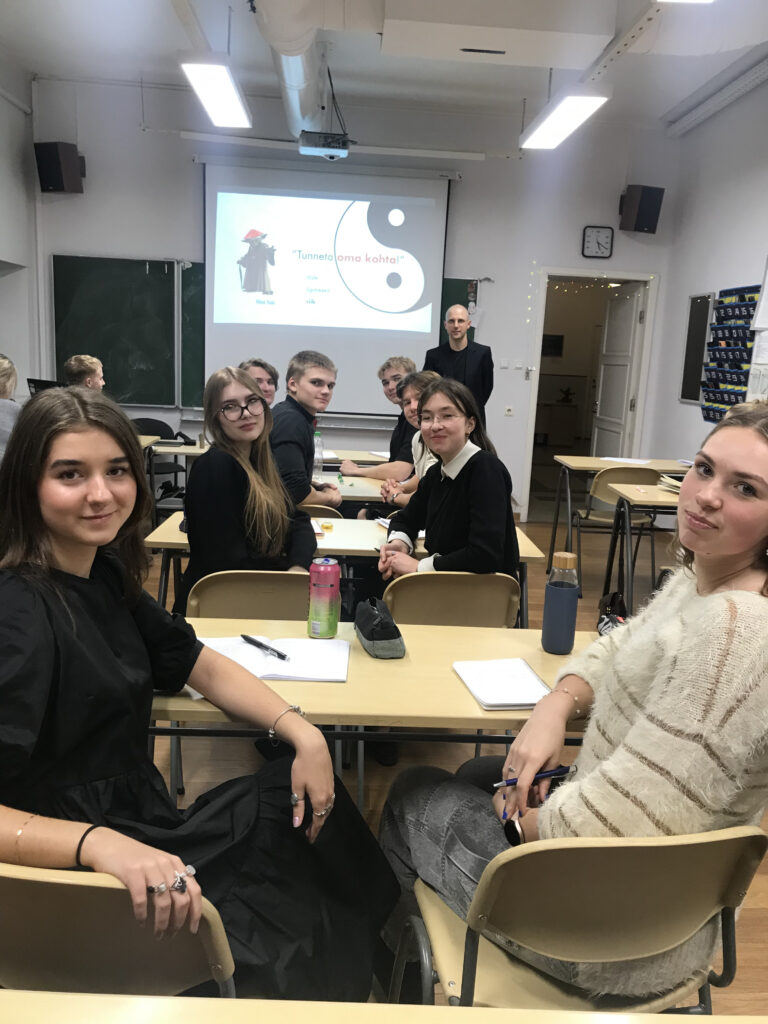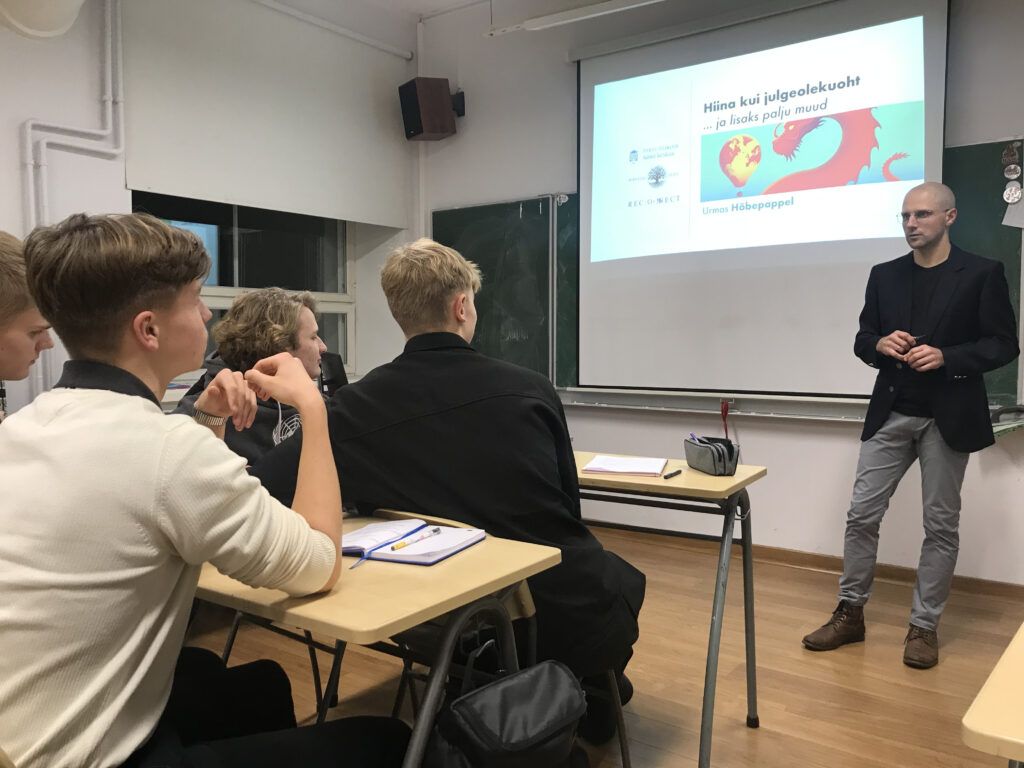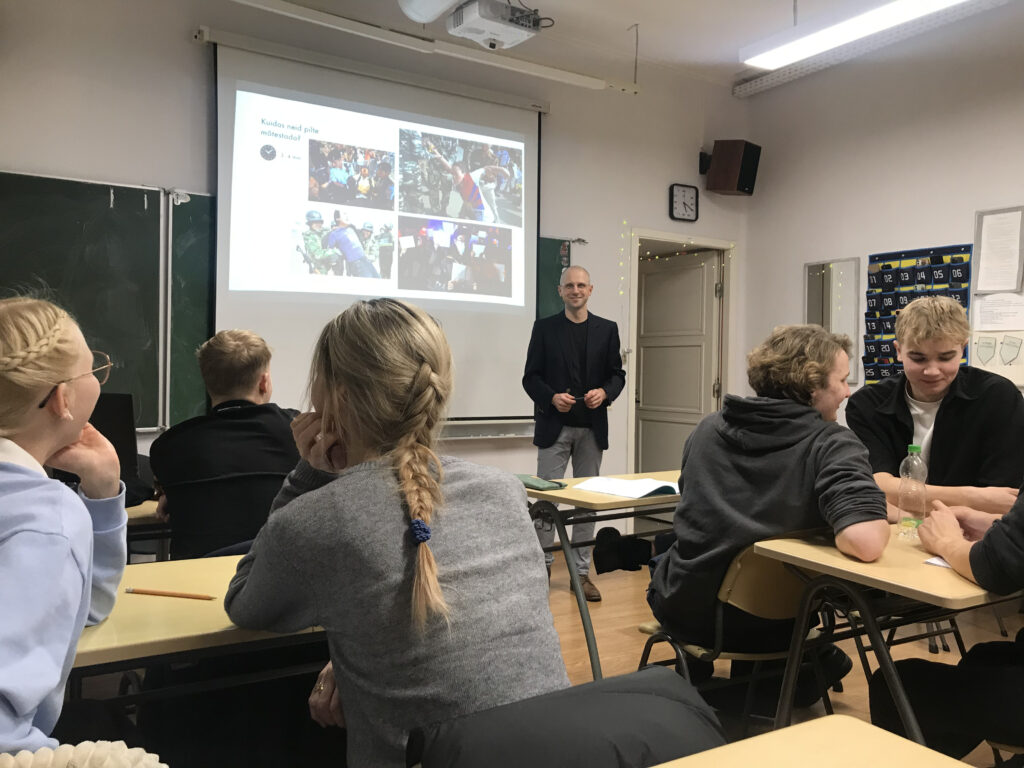On Monday 14 April, from 13.15-16.30 (Estonian time), the Estonian Research Council organises an information seminar on “Opportunities for social sciences and humanities in the European Horizon 2025 calls”.
Our partner Elo Süld from University of Tartu was invited to present ReConnect China as a successful example for a Horizon Europe-funded project involving an interdisciplinary team of both humanities and social scientists and including an Estonian institution.
The webinar will take place in Estonian language. All information on the website of ETAG.
Webinar agenda:
13.15-15.15
Introduction: topics for the 2nd Pillar of the “European Horizon” (with pre-defined content) and support for the participation of social sciences and humanities (SSH integration). SSH opportunities and upcoming information days in the fields of health, civil society, civil security and digital and industry (Katrin Kello).
– SSH opportunities in the thematic areas of “Climate, energy and transport” and “Food, bio-economy, natural resources, agriculture and environment“. Societal readiness pilot. The new European Bauhaus “Europe on the horizon” (Mari Habicht, Priit Kilgas and Maarja Soonberg-Kaine).
– SSH opportunities in the missions work programme: topics with a focus on climate change adaptation, urban regeneration, cancer treatment and soil health (Katrin Saar).
– Elo Süld (University of Tartu): a case study on the Reconnect China project.
15.15-15.30
Break
15.30-16.30
– Euroopa teadusruumi tugevdamise workprogramm(Siiri Kolka)
– Thematic area “Culture, Creativity and Inclusive Society“. The potential of cascade funding for building the European Cultural Heritage Co-operation Pillar and beyond (Katrin Kello)


